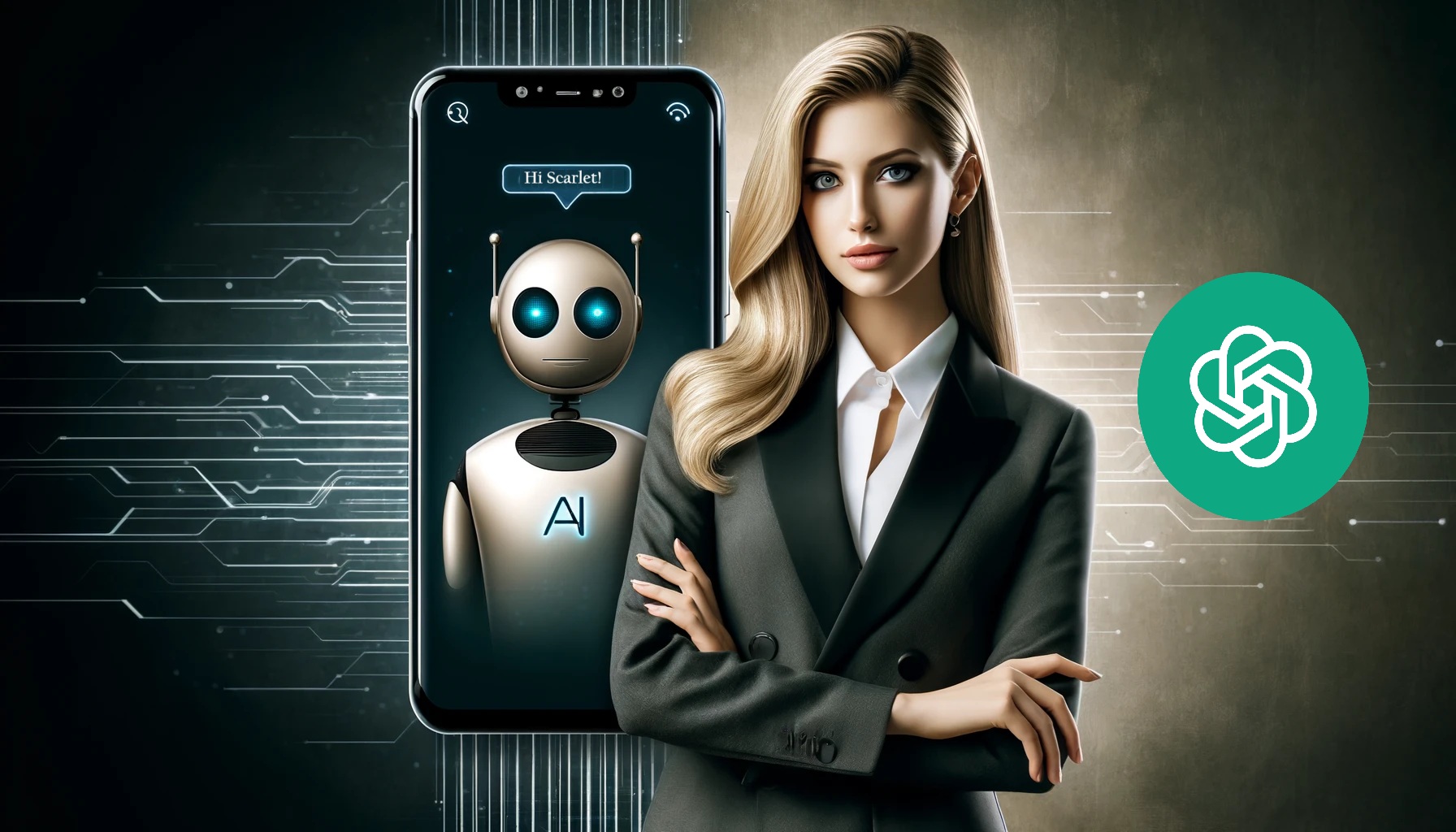San Francisco, CA – May 22, 2024 – Hollywood actress Scarlett Johansson has alleged that OpenAI, the leading artificial intelligence research lab, used a voice “eerily similar” to hers in its recently released GPT-4o chatbot. The actress, known for her distinctive voice and roles in films such as “Lost in Translation”, Her and “The Avengers,” expressed her concerns about the unauthorized use of her vocal likeness.
The controversy arose when users of the GPT-4o chatbot, an advanced conversational AI, began noticing the striking resemblance to Johansson’s voice. Fans and critics alike took to social media to discuss the similarities, prompting Johansson’s legal team to investigate the matter.
In a public statement, Johansson’s representatives stated, “While we appreciate the innovation in AI, the unauthorized use of Ms. Johansson’s voice raises serious ethical and legal questions. We are exploring all available legal options to protect her rights and ensure this does not set a precedent for future misuse.”
OpenAI responded swiftly to the allegations, issuing a statement confirming that they would no longer use the voice in question. “We deeply respect Ms. Johansson and all artists, and we take these concerns very seriously. Effective immediately, we are ceasing the use of the voice that has been identified as similar to Ms. Johansson’s. Our intention was never to imitate or cause harm, and we are reviewing our processes to prevent such occurrences in the future,” an OpenAI spokesperson said.
This incident has sparked a broader conversation about the ethics of using AI-generated voices and the protection of personal and intellectual property in the age of advanced technology. As AI continues to evolve, the entertainment industry and legal experts are closely watching how these technologies are implemented and regulated.
The resolution of this case could set a significant precedent for how AI companies handle the use of voices and likenesses, particularly those of well-known individuals.
